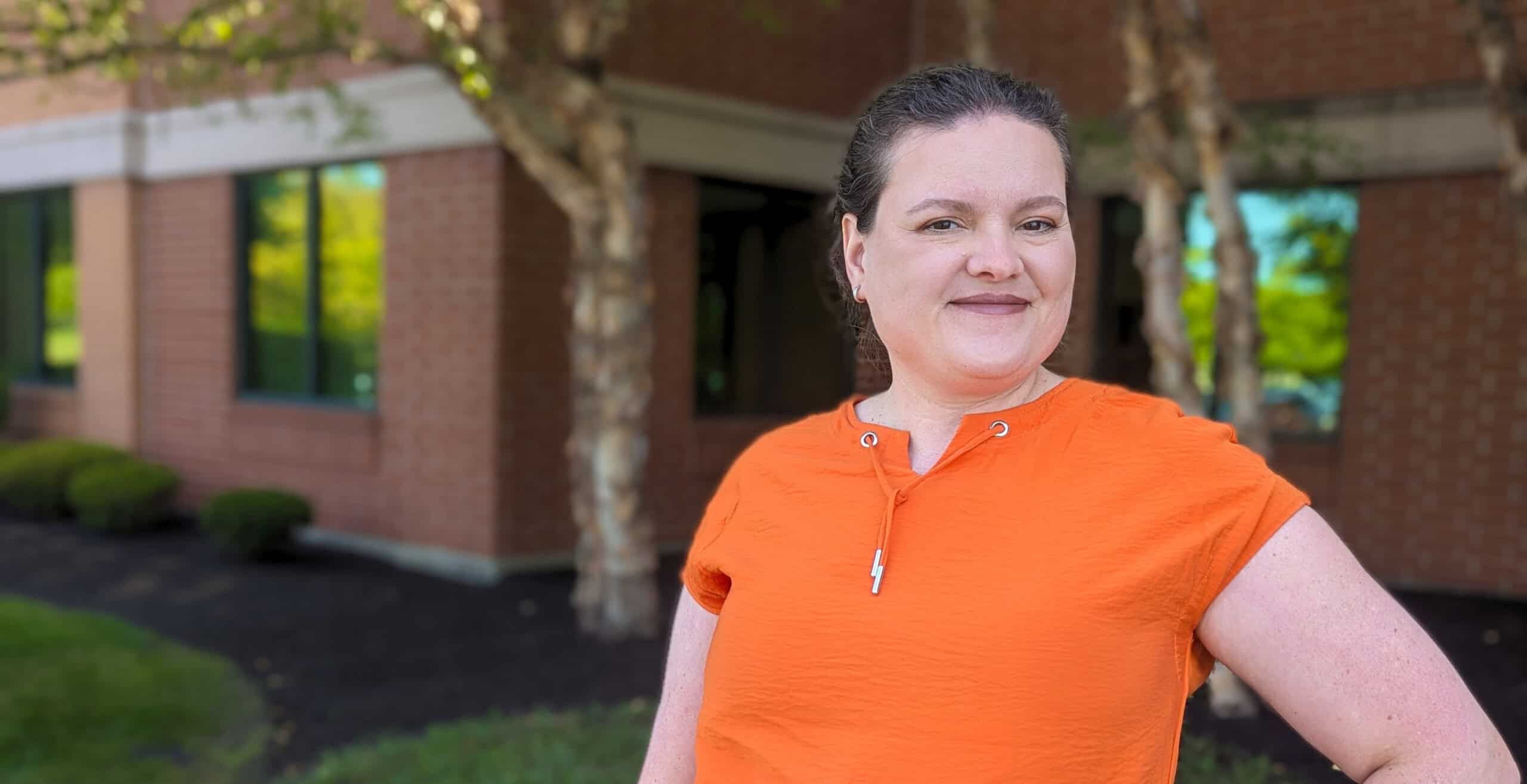Sports Medicine
Want to learn more about this at Kettering Health?
At a Glance
Q: How are concussions diagnosed if imaging doesn’t show them?
A: Doctors diagnose concussions by symptoms, since brain scans rarely reveal this injury.
- Concussions can result from whiplash or sudden force.
- Diagnosis is based on symptoms, not imaging.
- Sleep and light activity aid recovery.
You probably know at least one person who has had a concussion, or maybe you’ve had one. Despite their prevalence, concussions are still misunderstood.
Dr. Kali Hollingsworth, a primary care provider specializing in sports medicine, breaks down common concussion myths.
Myth #1: You have to hit your head to get a concussion
A concussion, Dr. Hollingsworth explains, happens when your brain slams into your skull, injuring nerve endings.
Because of this, many think you become concussed only by hitting your head. But a common cause is whiplash, which can happen during a car accident or even on roller coasters.
“Just that sheer forward, backward force, without even coming into contact with anything,” Dr. Hollingsworth says, “is enough to give you a concussion.”
Myth #2: Concussions always lead to loss of consciousness
When people think of concussions, they often imagine someone getting hit in the head and losing consciousness for several minutes. While this is possible, most concussed people never lose consciousness.
“It is not a requirement to lose consciousness in order to be diagnosed with a concussion,” Dr. Hollingsworth says.
But if someone does lose consciousness, it could mean more severe injuries.
Myth #3: You need brain imaging to diagnose a concussion
Because concussions are an injury to the brain, you might think brain imaging is required for a diagnosis. But Dr. Hollingsworth shares that this isn’t the case.
“We used to think of it as an injury, kind of almost like a bruise,” she says, “which is why people always thought you had to have imaging. Because we thought something would show up.”
However, concussions are diagnosed based on someone’s symptoms. And symptoms can vary from person to person.
“I tell people that the nerves in your brain control everything,” Dr. Hollingsworth says. “So you could just get a few symptoms, or you could get a lot of symptoms.”
Myth #4: You shouldn’t let someone with a concussion sleep
Perhaps the biggest misconception about concussions, Dr. Hollingsworth shares, is that you shouldn’t let a concussed person sleep. But the reality is that sleep plays a crucial part in recovery.
“It allows you to heal.”
But that doesn’t mean you should lock them in a dark room and force them to sleep all day. Light physical activity, like walking around the neighborhood, is also beneficial.
“Getting physical activity, as long as it’s not making you worse,” Dr. Hollingsworth says, “actually helps you heal faster.”
In fact, it’s safe to continue with all daily activities—except for sports and heavy exercise—while healing, as long as symptoms don’t worsen.
No two concussions are the same; however, Dr. Hollingsworth recommends talking to a medical professional if you have questions or concerns.










